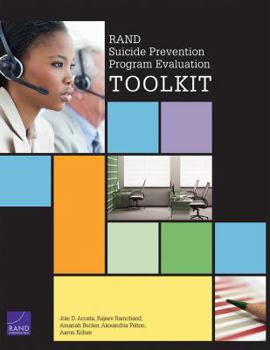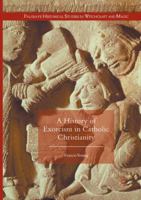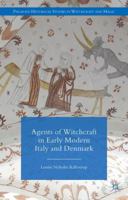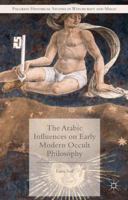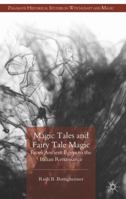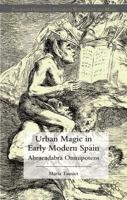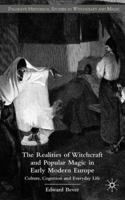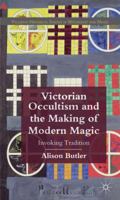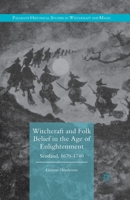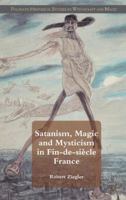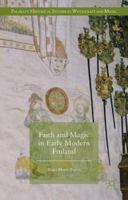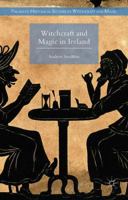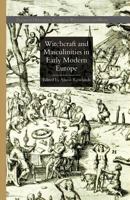Rand Suicide Prevention Program Evaluation Toolkit
Select Format
Select Condition 
Book Overview
Evaluating suicide prevention programs can be challenging because suicide is a rare event and prevention programs are often complex and multifaceted. The RAND Suicide Prevention Program Evaluation Toolkit uses checklists, worksheets, and templates to help program staff design an evaluation that is appropriate for their program type, available resources, and expertise and offers guidance on analyzing the resulting data to inform improvements.
Format:Paperback
Language:English
ISBN:0833080725
ISBN13:9780833080721
Release Date:February 2014
Publisher:RAND Corporation
Length:188 Pages
Weight:0.99 lbs.
Dimensions:0.4" x 8.5" x 11.0"
Customer Reviews
1 customer rating | 1 review
There are currently no reviews. Be the first to review this work.











